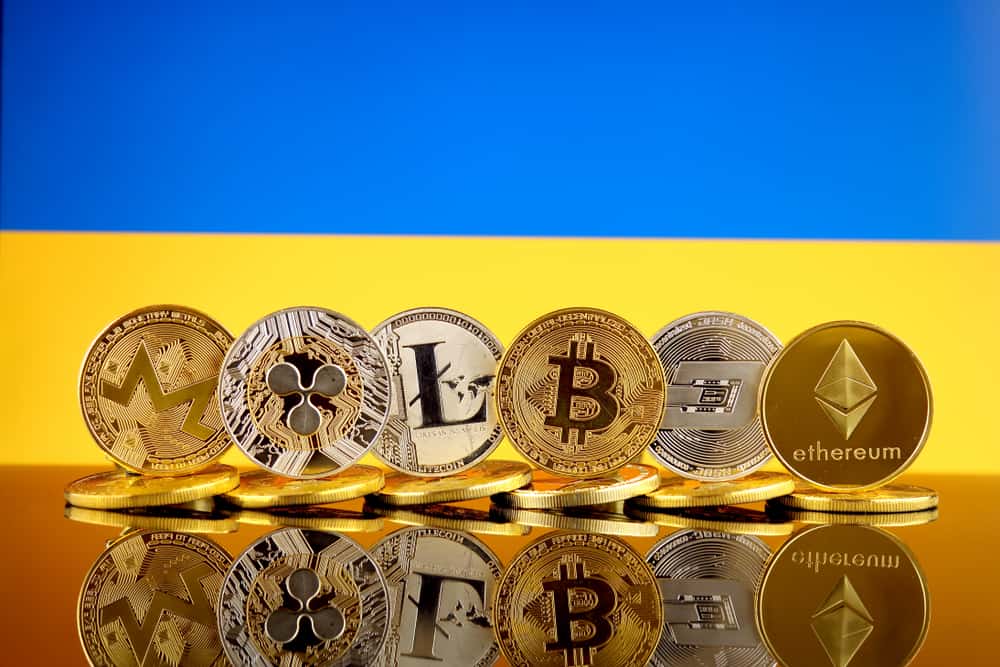Ukraine on Sunday requested major crypto exchanges to block addresses linked to Russia and Belarus, amid growing speculation that Moscow could use the platform to subvert recent economic sanctions. But the request was criticized by the crypto community.
Mykhailo Fedorov, Vice Prime Minister and Minister of Digital Transformation of Ukraine, tweeted the request on Sunday. This was shortly after the United States and its allies blocked several Russian banks from the SWIFT transaction system. A bulk of Moscow’s offshore assets were also frozen.
I’m asking all major crypto exchanges to block addresses of Russian users. It’s crucial to freeze not only the addresses linked to Russian and Belarusian politicians, but also to sabotage ordinary users.
-Fedorov
Fedorov’s comments come amid increasing concerns that Russia could use crypto to fund international trade, after being blocked from most international platforms. The country is one of the largest crypto holders in the world, representing about 12% of overall market capitalization.
Crypto community against Russian expulsion
But Fedorov’s request faced backlash from the community, with many stating that the move would be against the decentralized, non-politicized nature of crypto.
Kraken CEO Jesse Powell said while he respected the sentiment, considering Russia’s invasion of Ukraine, he would not block Russian users. Kraken is one of the largest crypto platforms in the country.
1/6 I understand the rationale for this request but, despite my deep respect for the Ukrainian people, @krakenfx cannot freeze the accounts of our Russian clients without a legal requirement to do so.
Russians should be aware that such a requirement could be imminent. #NYKNYC https://t.co/bMRrJzgF8N
— Jesse Powell (@jespow) February 28, 2022
Ukraine has raised more than $10 million through crypto donations, with top-ranking government officials sharing an official address.
Binance, the world’s largest crypto exchange, said it was taking actions against the entities blacklisted by the West, while minimizing the impact to innocent users, the Wall Street Journal reports.


